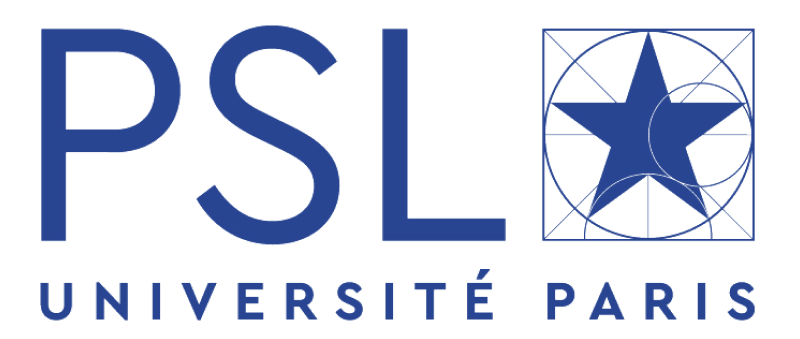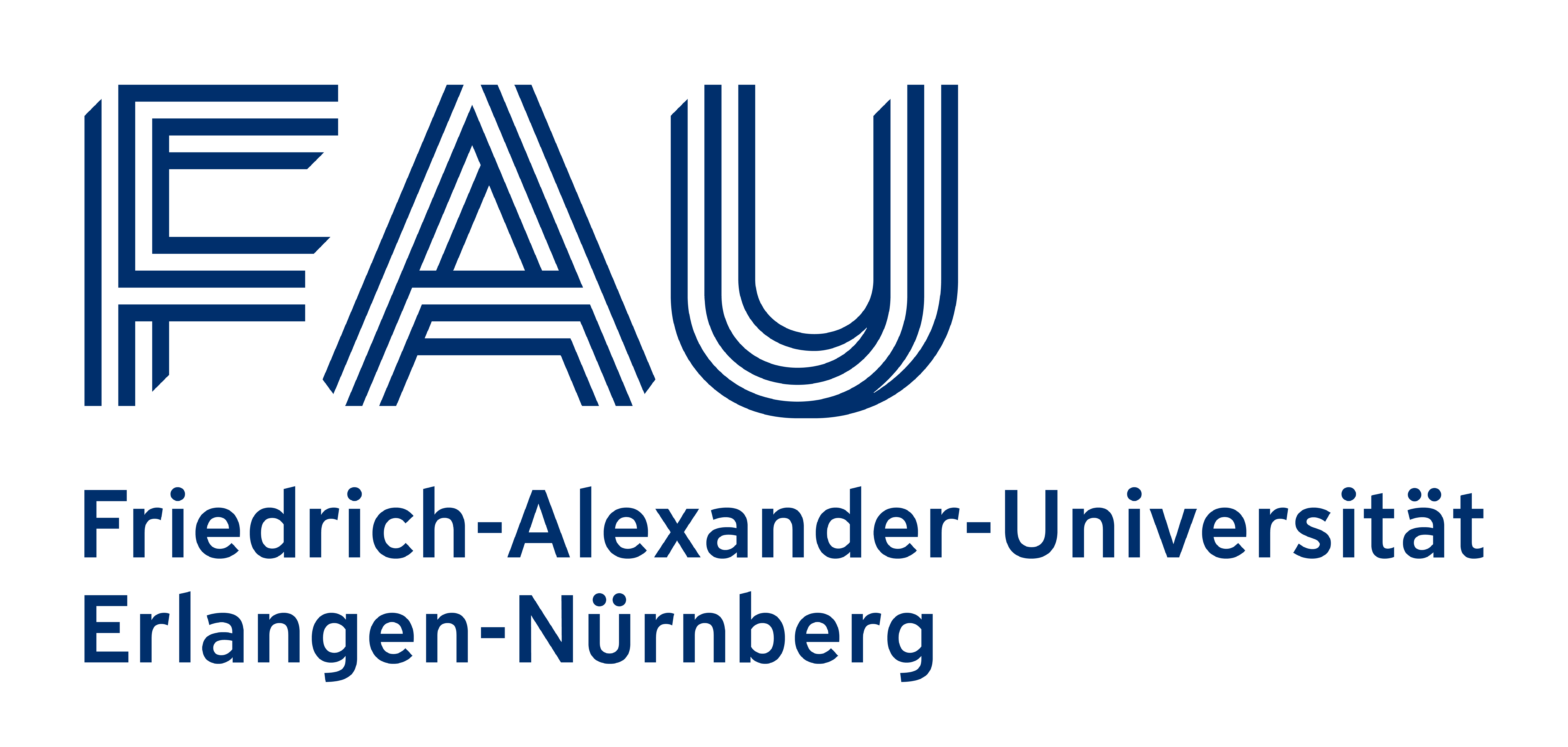Activity
MANAGING THE UNKNOWN – DESIGN THEORY AND METHODS FOR INNOVATION
This 30-hour face-to-face course is an in-depth introduction to design theory. The theory of design (C-K theory) unifies theories of creativity and theories of knowledge and allows the development of methods and organizations adapted to the ...
This 30-hour face-to-face course is an in-depth introduction to design theory. The theory of design (C-K theory) unifies theories of creativity and theories of knowledge and allows the development of methods and organizations adapted to the collective and constructive exploration of the unknown. These approaches are essential today for those who wish to train in the management of innovation, scientific entrepreneurship, and the management of contemporary transitions.
The course alternates between theoretical lessons in the morning and practical workshops in the afternoon. Practicing designers will also be invited to speak about their experience of design in various areas (business, science, art).
The course begins with a presentation of the challenges posed by reasoning in the unknown and design theory. From this theoretical basis, we will discuss changes in the organization of design, particularly in companies (history of R&D, recent development of "innovation" functions, etc.). We will deepen the question of expertise and knowledge structures adapted to generativity (in engineering, science, design). We will then deal with cognitive aspects (fixations, defixations) and the resulting leadership issues. We will then study the questions of evaluation and economic management and the forms of risk management in the unknown. Finally, we will address the issues of governance and management at the level of innovation ecosystems (“entreprise à mission, architects and colleges of the unknown).
Main notions:
- C-K reasoning: knowledge of the main notions (C-space, K-space, operators, double expansion); capacity to build a simple C-K; capacity to evaluate a C-K (see workshop and exercises 1)
- Knowledge for generativity (independent knowledge; splitting); capacity to ‘split’ a knowledge model (see workshop and exercises 3)
- Fixation, defixation – leadership for defixation
- Organization principles of rule-based and innovative design (dominant design, value management / design space) (see workshop and exercises 2)
- Economic evaluation in design (value of design genericity; value of knowledge); capacity to rely on economics criteria for improved exploration (see workshop 4)
- The design logic in science – double impact research
- Design ecosystems, models with two interdependent designers
Courses – with readings for each course
Reading available here: https://filesender.renater.fr/?s=download&token=6a7963aa-4a47-4b66-8178-86c605df5c1a Day1: Design theory- Course: Introduction: managing in the unknown
- Course: design theory
- Innovative design workshop 1: recognize/propose a concept, first partition, dichotomy, de-partition
- Course: History of R&D – rule-based design, dominant design
- Course : design oriented organizations in companies - Conference by D. Laousse, Innovation Department SNCF
- Innovative design workshop 2: C-K on dominant design
- Course: design and cognition - conf. by Justine Boudier, Mines Paris - PSL
- Course: design and decision
- Innovative design workshop 4 : defixation, design decisions
- Conference by Maria Elmequist (Chalmers Univ)– creativity processes in companies
- Course: formal foundations of design theory: forcing and generative processes – conference by A. Hatchuel, Academy of Technologies
- Course: design & art - teaching splitting knowledge at Bauhaus
- Innovative design workshop 3: splitting a knowledge model
- Course: design & science (Models with two interdependent designers – design ecosystems) – conf by Quentin Plantec, Toulouse Business School
- Course: governance of the innovative firm – conf by Kevin Levillain, Mines Paris, chair of governance and theory of the firm
Evaluation
- Quiz / knowledge acquisition
- Exercises
Recommended reading
Le Masson, P., Weil, B., and Hatchuel, A. (2017). Design Theory - Methods and Organization for Innovation, Springer Nature. Note: there is a French version of this book: Le Masson, P., Weil, B., and Hatchuel, A. (2014). Théorie, méthodes et organisations de la conception, Sciences de la Conception, M. Nakhla, Presses des Mines, Paris. 464Participation requirements
no particular prerequisite unless: - Curiosity for creation and exploration in the unknown - An experience of model building (logical reasoning + empirical confrontation) - An experience of multi-disciplinarity - A taste for logic and rigor, even in the unknown (math background is not indispensable; but mathematical rigor can help for practicing generativity!)
Max. participants: 50
Course / Seminar
In person
Schedule
27 Nov - 01 Dec 2023
Location
MINES Paris – PSL University
60 Boulevard Saint Michel, 75006, Paris, France
Language
English
Organiser



